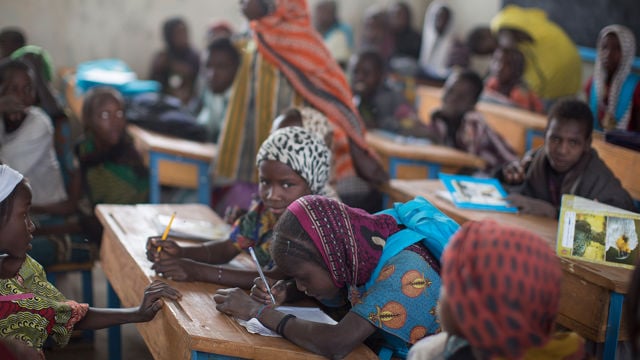
Thematic areas of Norwegian development assistance
Why is aid for education central to Norwegian development cooperation? What is Norway doing in the energy sector? Read more about why this is a focus area, what Norway and Norad are doing and the current status.
Fighting and mitigating climate change
Climate finance is a broad investment area, and the funds are channeled both as core support to multilateral actors such as the development banks and UN organisations, and to bilateral efforts. Norad primarily works towards low-income countries. These countries account for a very small part of global emissions, but are very vulnerable to the consequences of climate change. At the same time, we know that in order to reach the global climate goals, all countries must have low-emission development going forward. It is therefore important to contribute to climate-robust development in line with the recommendations of the UN climate panel.
Global health
Norwegian health aid is largely implemented through multilateral organizations and global funds. Among other things, through Norad, Norway will renew its contribution to GFATM4 in 2023 with NOK 2 billion in support over three years. Results in individual areas such as vaccines, HIV/AIDS and malaria have been very good and have contributed to a large decrease in child mortality and the occurrence of infectious diseases. Progress has stagnated in recent years. Targeted global initiatives, on the other hand, have not contributed sufficiently to strengthen national health systems. It is a big challenge when countries have to achieve universal health coverage and deal with the consequences of climate change and future health crises.